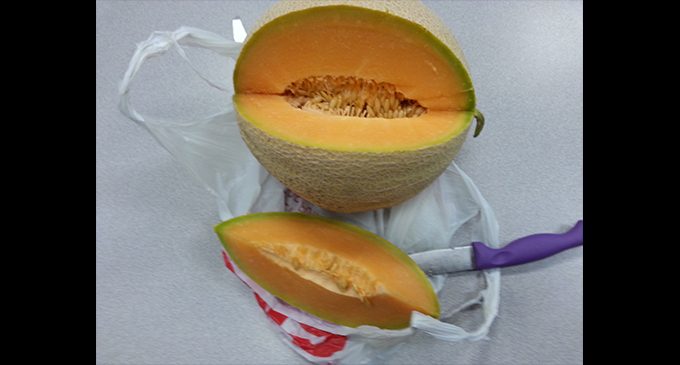Commentary: Eat fruits and vegetables for health’s sake

By Lynne Mitchell
Did you know that most Americans do not consume the recommended amount of fruits and vegetables in their diets? In fact, potatoes are the most consumed vegetable in the diet and they aren’t known for being a nutrition superstar. Because diet is so closely linked to the prevention and management of chronic diseases, you may benefit from upping your prevention game and eating more veggies and fruits.
For the average person, the recommendation is to eat at least 2 ½ cups of vegetables every day. When choosing veggies, choose a wide variety of colors for your plate. The more variety you eat – the more variety of nutrients your body will get. Don’t get in a veggie rut! If broccoli is your go-to veggie, eating it every day all year is good but will not give you the same benefits as eating a wide variety of veggies.
Fruit is the “original fast food.” Some fruit even comes with its own organic wrapper (think of bananas and oranges). Fruit makes the ideal snack or dessert because all you have to do is peel or wash before eating. The recommendation for the average person is to eat at least 2 cups of fruit a day.
Juice, without added sugar, should be limited to a glass (6-8 ounces) a day. The rest of the time, eat the whole fruit so you get the benefit of the fiber and satisfaction of eating the fruit. Fruit has a lot of natural sugar so be careful not to go overboard as you may be adding unwanted calories to your diet. The calories from juice and dried fruits can especially add up quickly.
How can you add more produce to your diet? Start by adding a salad or side vegetable at dinner, eat fruit or raw veggies for snacks, and increase the number of veggies you add to sandwiches, casseroles and other mixed dishes.
When choosing fruits or veggies, you can select fresh, dried, juice, canned or frozen. As a dietitian, I believe all of these choices are healthful. Be a nutrition detective and read the Nutrition Facts label carefully when buying canned foods to check sugar and sodium content. If you think canned and frozen foods lack texture, taste or quality – try fresh local produce at a Farmers Market. To save money, buy produce in season during peak harvest. You may want to try canning or freezing fresh produce to enjoy throughout the year.
Not eating enough produce and think supplements are the answer? Sure, they provide specific nutrients, but they don’t come with all of the other beneficial compounds and nutrients found naturally in food. There is something magical that happens between phytochemicals, antioxidants and nutrients when you eat food it its natural state.
Bottom line – the best way to get your nutrition is through consuming wholesome and nutritious foods with at least five to nine servings of veggies and fruits each day.
Lynne M. Mitchell MS, RD, LDN is Community Nutritionist with the Forsyth County Department of Public Health (www.forsyth.cc/publichealth). You can reach her at 336-703-3216 (direct line) or mitchelm@forsyth.cc.














